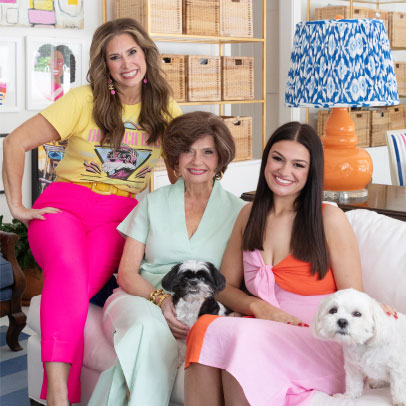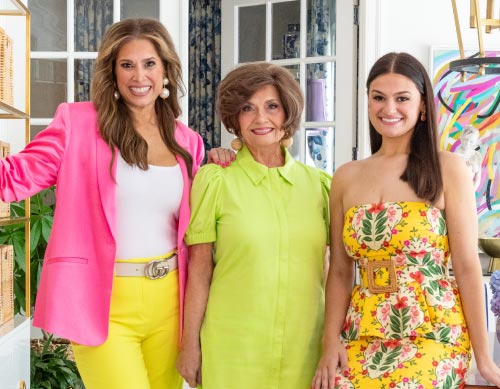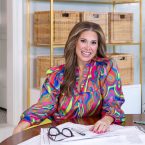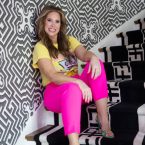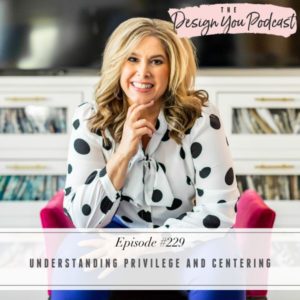
As a white person, I have a lot of privilege, many of which is unearned. This privilege does not take away my difficult experiences or mean that my life has been easy, but it is important to recognize it and understand it in detail. Many people get confused about the concept of privilege and centering, so this week, I’m giving you an opportunity to get clearer.
Privilege is not about whether or not you are a good person. It is work we all have to do as people in dominant identities if we want to mitigate harm, create change, and cultivate meaningful relationships with people who have identities that are more marginalized than ours.
In this episode, I’m sharing some awareness and a-ha! moments I have had recently around privilege, centering, and the concept of intersectionality. Discover why it is never a good idea to justify your privilege, and where to start in doing this messy, but important work of creating more diversity, equity, and inclusion in your life and business.

